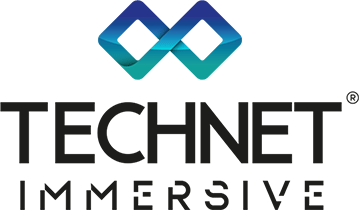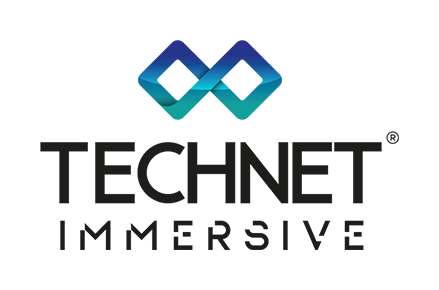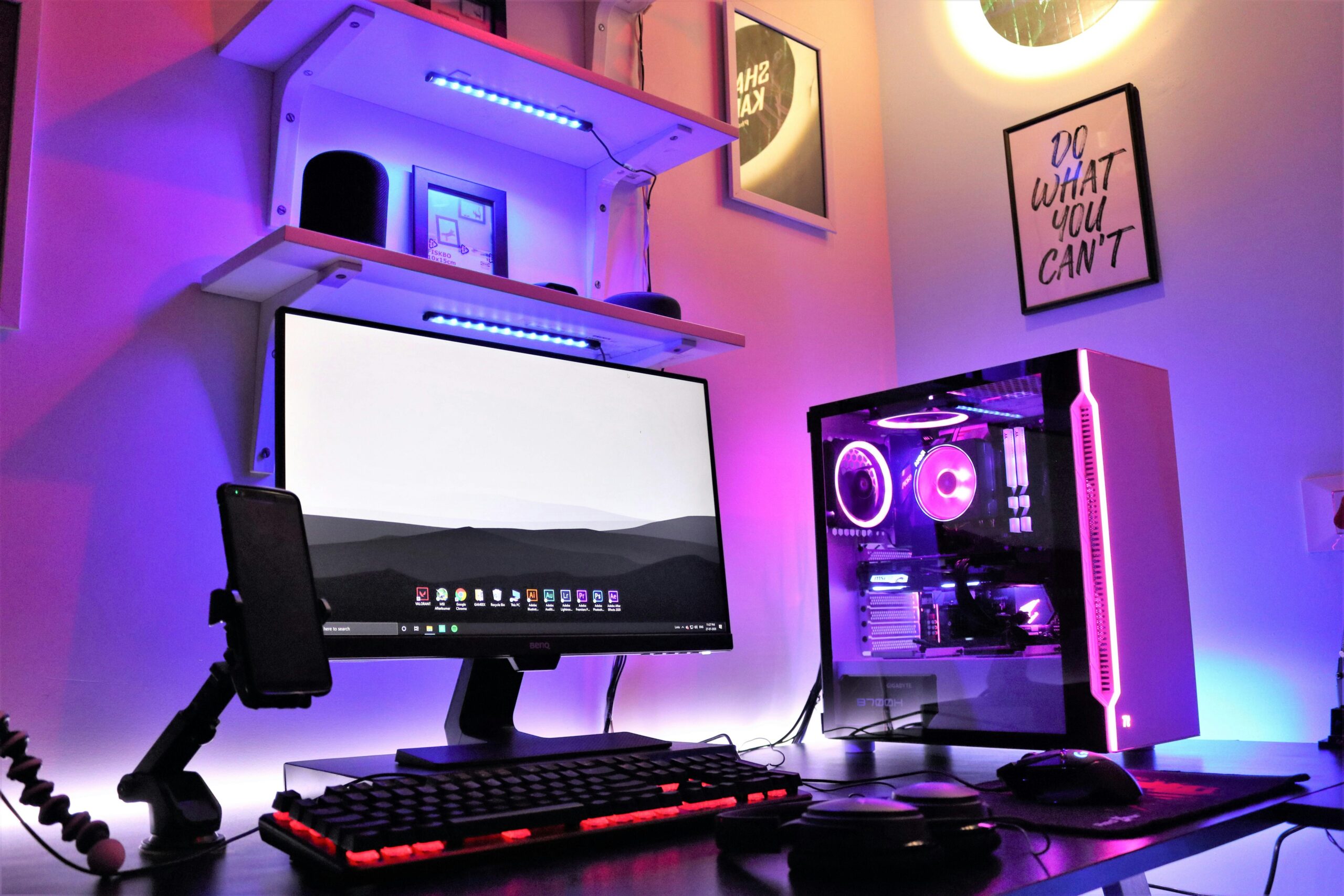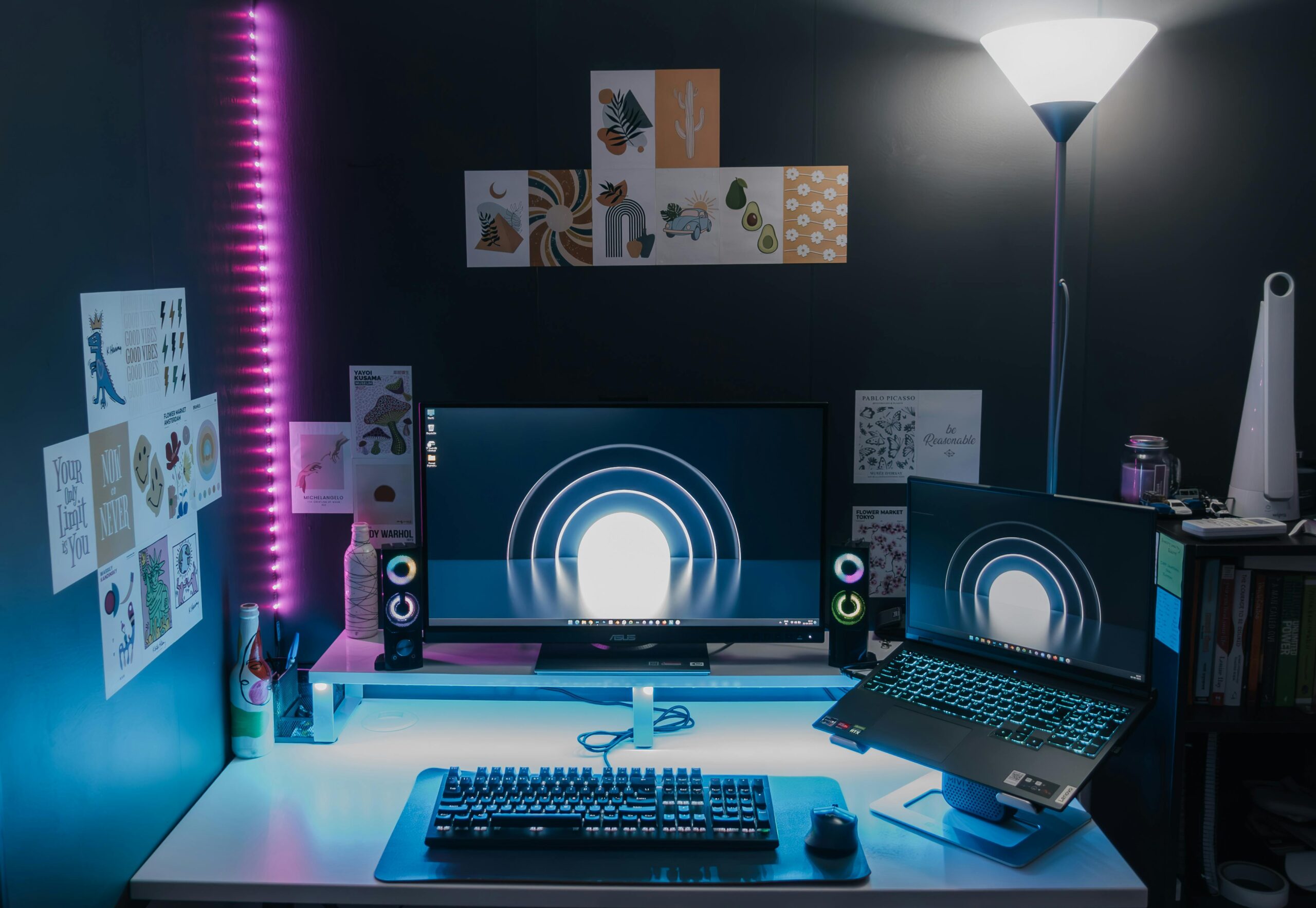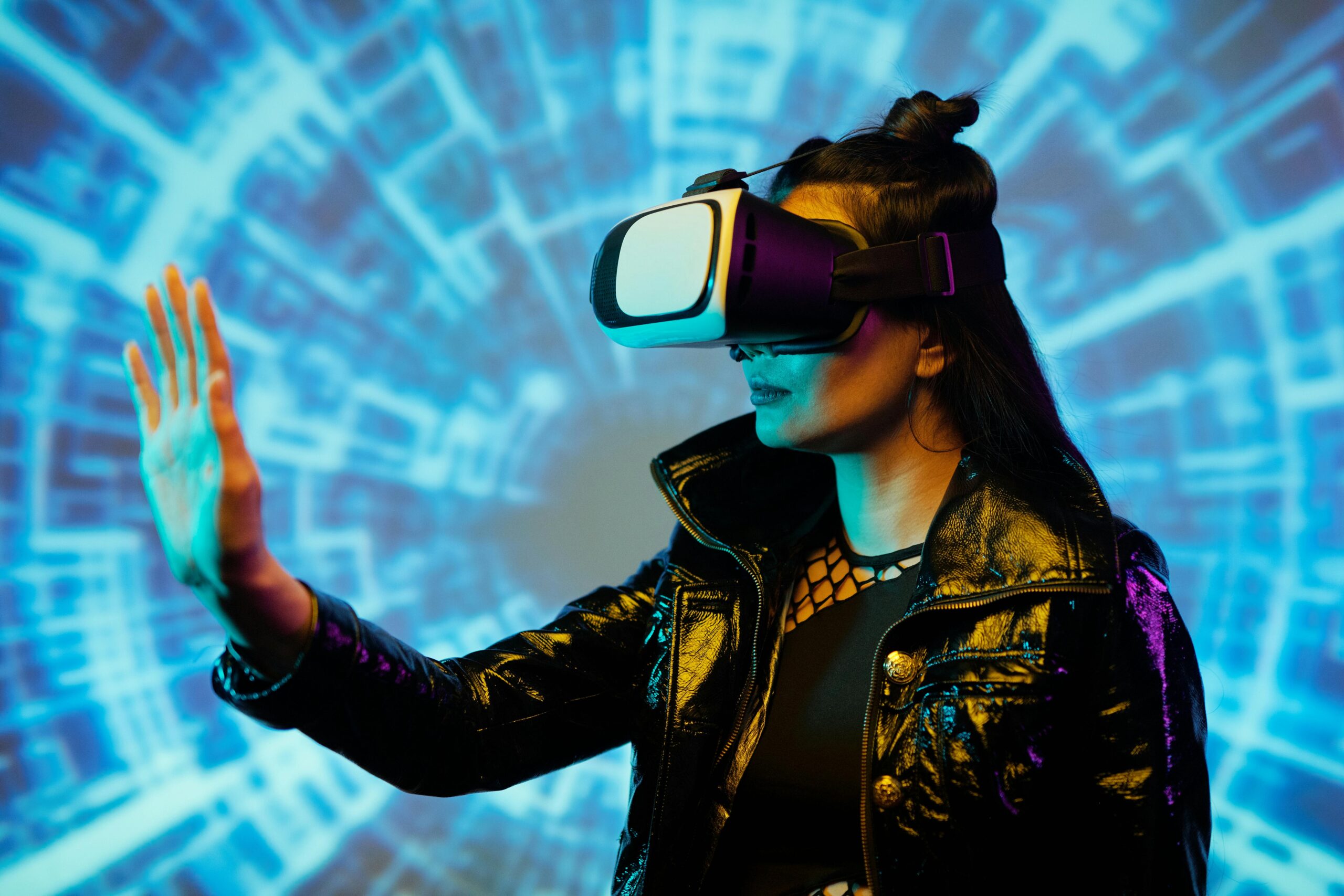
Immersive Technology Recruitment: Multiple industries competing for top talent!
Immersive technology – AR, VR, and MR – has evolved beyond traditional gaming roles. Industries like healthcare, real estate and education are using it to innovate services. As more sectors catch on, competition for top talent in immersive technology recruitment is heating up. This makes it harder for businesses to find the right people.
Immersive tech goes beyond gaming
Originally built for entertainment, AR/VR tech is now helping other industries transform the way they operate. For example, VR is used in healthcare to train surgeons in virtual operating rooms. Meanwhile, AR lets homebuyers take virtual tours of properties. Non-gaming companies are quickly realising the potential of these technologies. Therefore, the need for immersive tech experts is growing across the board.
Why businesses need to adjust their hiring strategies
Companies outside the gaming space face a unique challenge. While hiring immersive tech professionals can help them stay ahead, they’re up against established gaming companies for the same talent. This is where working with a recruitment agency that specialises in immersive technology can give them an edge. These agencies know how to connect businesses with the best candidates. These candidates have the tech skills and industry knowledge needed to succeed.
Key skills in demand
Immersive tech professionals have a mix of skills—from 3D modelling to software development and UX design. In non-gaming sectors, these abilities are critical for adapting immersive tech to new applications. A UX designer, for example, can create virtual fitting rooms for retail. Meanwhile, a software developer can build medical training simulations for healthcare.
- 3D Modeling and Animation: 3D modelling and animation experts bring virtual environments to life, creating realistic models for healthcare training, property walkthroughs, or product demos.
- Software Development: Developers experienced with engines like Unity and Unreal build the technical foundation of AR/VR experiences, from medical simulations to interactive retail apps.
- UX and Interaction Design: UX designers ensure immersive tech is intuitive and accessible, enabling seamless experiences in sectors like retail (virtual fitting rooms) or education (VR classrooms).
- Spatial Computing: Professionals skilled in spatial computing design tools that overlay virtual elements onto real spaces, essential for industries like construction and architecture.
- Human-Computer Interaction (HCI): HCI specialists focus on intuitive user interactions, especially valuable in fields like healthcare where user experience affects patient engagement and safety.
- Artificial Intelligence (AI) and Machine Learning (ML): AI and ML add personalisation to immersive tech, such as adaptive VR training modules or responsive virtual environments.
- Storytelling and Narrative Design: Narrative designers create engaging stories to enhance user immersion, whether for VR museum tours or corporate onboarding.
- Audio Engineering: Audio engineers craft realistic soundscapes, completing the immersive experience and enhancing engagement in applications from meditation to interactive tutorials.
The future of immersive technology recruitment
With more industries tapping into AR, VR, and MR, businesses that adapt quickly will have a better shot at attracting top talent. TechNET Immersive can help! We can help you get ahead of the curve and secure the very best in the industry! Submit a vacancy and we’ll be in touch to help you find the best immersive tech talent.
